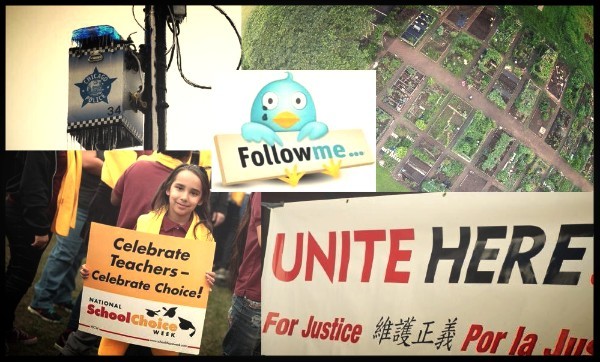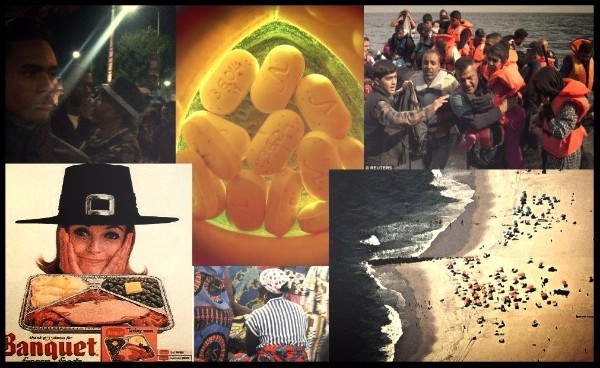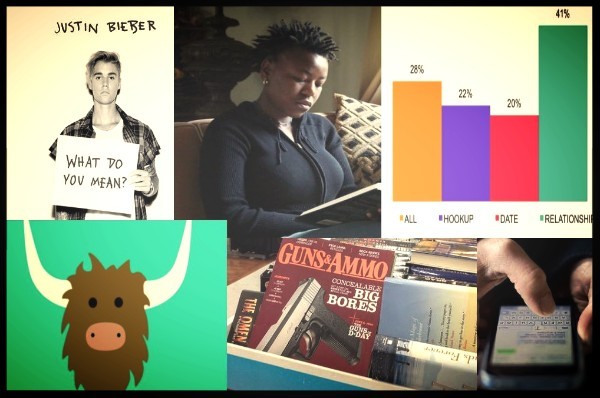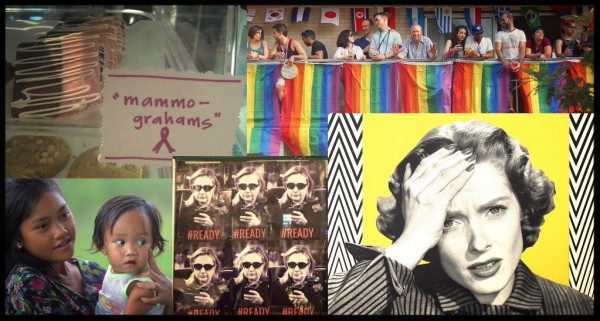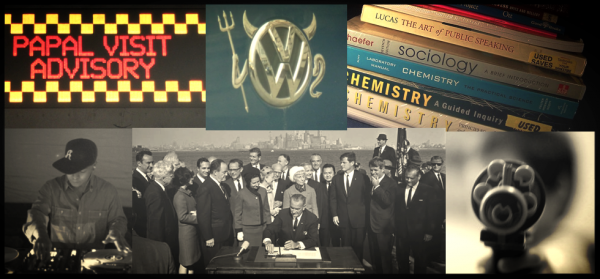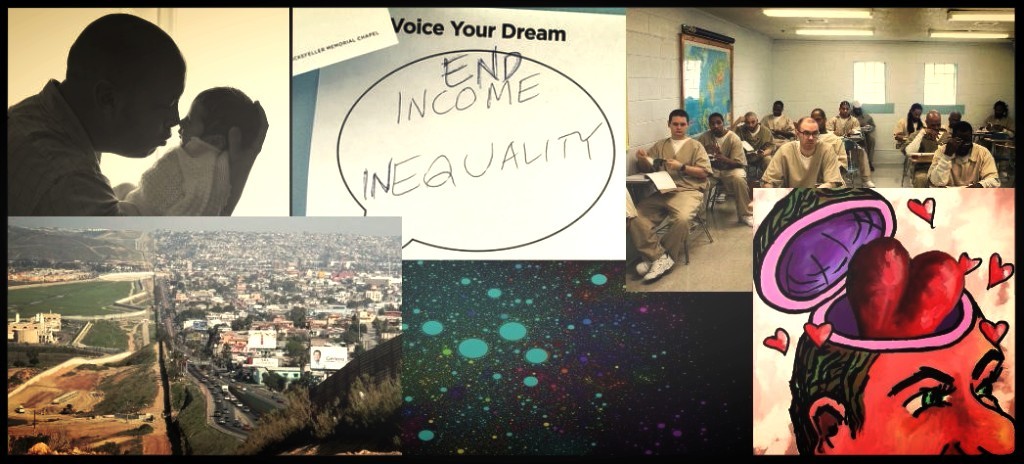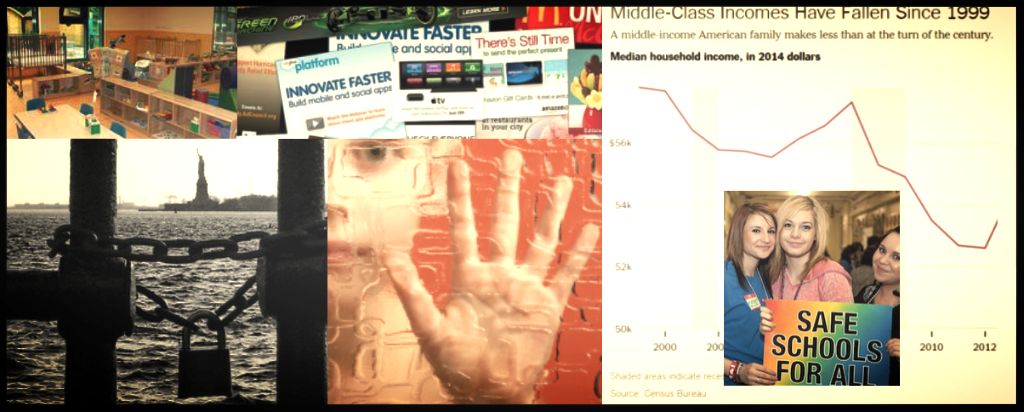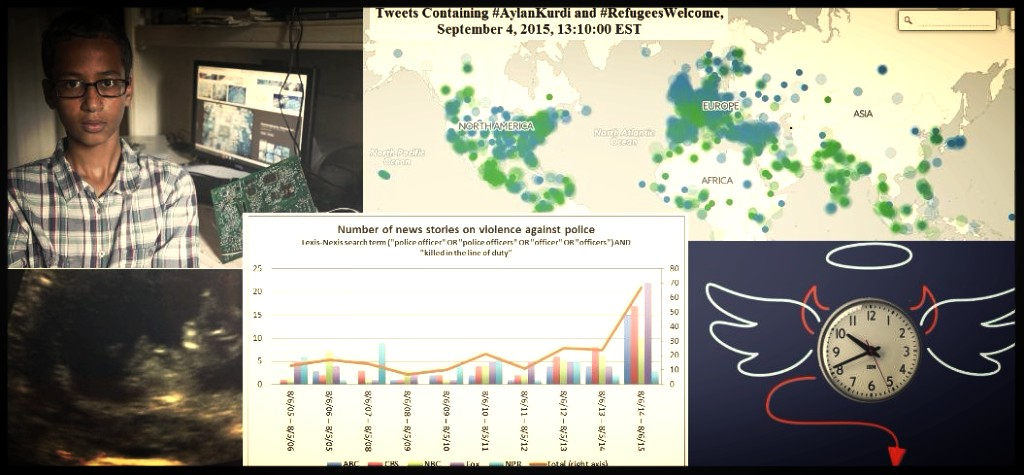 If there’s one idea that seems to unite professors, it’s that our critics get us wrong. Turn on the radio, pick up a paper, or check your social media feed to hear all manner of wild generalizations and harsh political, economic, and cultural critiques of higher education. Many suggest that if we only ran universities like businesses, we could simultaneously cut costs, rein in tuition and student debt, make better use of our infrastructure, and squeeze more productivity out of pampered professors. Most of us toiling in the brain mill recoil at such suggestions, envisioning dystopian campuses where research and teaching excellence no longer offer any resistance against the crude imperative to put “butts in seats” (perhaps in a cost-efficient pole barn, rather than a gorgeous Romanesque classroom building that now seems too spendy to maintain). Yes! Much would be lost if we really ran universities like businesses. After all, only about half of the Fortune 500 companies of 2000 seems to have survived to 2016.
If there’s one idea that seems to unite professors, it’s that our critics get us wrong. Turn on the radio, pick up a paper, or check your social media feed to hear all manner of wild generalizations and harsh political, economic, and cultural critiques of higher education. Many suggest that if we only ran universities like businesses, we could simultaneously cut costs, rein in tuition and student debt, make better use of our infrastructure, and squeeze more productivity out of pampered professors. Most of us toiling in the brain mill recoil at such suggestions, envisioning dystopian campuses where research and teaching excellence no longer offer any resistance against the crude imperative to put “butts in seats” (perhaps in a cost-efficient pole barn, rather than a gorgeous Romanesque classroom building that now seems too spendy to maintain). Yes! Much would be lost if we really ran universities like businesses. After all, only about half of the Fortune 500 companies of 2000 seems to have survived to 2016.
Our aversion to these critics stems in part from self-interest and in part from our desire to protect the sacred — the unfettered pursuit of truth and the real enduring bond between the best teachers and their students. It sounds hokey, I know, but didn’t your favorite teachers and professors approach their work in this way? Still, while many of us are struggling mightily to nurture and defend something important, I am increasingly convinced that we’re not mounting our defense from very firm ground. As a professor and administrator, I’d like to see a stronger collective commitment among the faculty on a few no-brainers.
We take teaching seriously and work to improve it. Most college professors invest greatly in teaching and their students, spending our nights, weekends, and holidays reading their work and writing on their behalf. That said, there’s a small minority who really don’t seem to care – and, too often, the rest of us look the other way. During a faculty senate discussion of student teaching evaluations, for example, I witnessed a tenured professor step to the mic to say that he simply tossed the big envelope of evaluations he gets each semester in the garbage – and hadn’t looked at them in 20 years. There was a little nervous laughter, but no response from the faculty or administrators in attendance. My silence in that moment felt like complicity. Though nobody wanted a long argument about the merits and known biases of such ratings, shouldn’t we all care about whether students find us well-prepared, clear, and responsive? Or that we deliver a course experience that is both challenging and rewarding? We’d be on firmer ground if we spoke up for teaching and learning in such moments.
We actually produce research and creative activity. With so much public and university attention on teaching and tuition reduction, carving out time and resources for research will likely get more challenging. Some of us can sustain our research through external grants and fellowships, but I suspect that most research is “funded” by requiring faculty to teach 1 or 2 courses per semester rather than, say, 3 or 4 or 6 courses per semester. This is particularly the case in the arts and humanities, where grants are especially scarce, but holds more generally across the university. For those of us fortunate enough to be paid a portion of our salaries for our research efforts, we are only on firm ground if we actually produce research. Ideally, this research is meaningful to both our peers and some broader community, but here I am referring to the simple obligation to produce some kind of scholarly work, such as books, articles, performances, and exhibitions. Many of us believe our intellectual work transcends the crude production of scholarly products or deliverables. But our claim to resources for research rests on the responsible use of these resources. If our appointment is designed to be 50 percent research and 50 percent teaching, we simply cannot check out of the research game – or look the other way when colleagues who are paid to do research seem to “pre-tire” from the activity.
We participate knowledgeably and responsibly in faculty governance. Much has been written about the adjunctification of higher education, but I see an equal threat in vicepresidentialization – the proliferation of administrators governing our work. As much as we complain about them, my sense is that faculty today are increasingly abdicating to these administrators – we leave it to them to tell our colleagues, “no, a heli-pad on the social science tower is just a dumb idea” or, “15 years without a publication or presentation does seem like a long time.” If we don’t want patronizing or dismissive responses from administrators, we need to engage them with concrete, thoughtful, and realistic proposals. And, frankly, we would be on much firmer ground, in discussions of post-tenure review and other matters if we did a bit more self-policing. Each time tenure and academic freedom are invoked as a sort of “diplomatic immunity” by professors gone wild — the dangerous bullies, the serial harassers, and the radically disengaged and irresponsible — the power of these commitments is correspondingly diminished. If our colleagues are behaving badly (or simply withdrawing) due to mental health or addiction issues, it is far better to humanely address these as mental health or addiction issues rather than simply giving such faculty a wide berth and avoiding the underlying problem.
Finally, we must be good stewards of the resources we have, as our expenditures are increasingly scrutinized. In this area, some universities are already running like a business: Scrooge and Marley, to be precise (at least when it comes to expensing our faculty recruitment dinners). Still, a colleague on the coast was recently astonished that I shopped for a $219 fare on a li’l commuter airline on my visit to his campus, saying, “that’s a very ‘public school’ consideration.”
I suspect that professors might be more unified in opposing our critics than in advancing a particular vision of change or resistance. If these aren’t no-brainers to you, that’s fine. My point here is only to suggest that we can put up a stronger and more unified fight for the things we care about if we do so from firmer ground.


